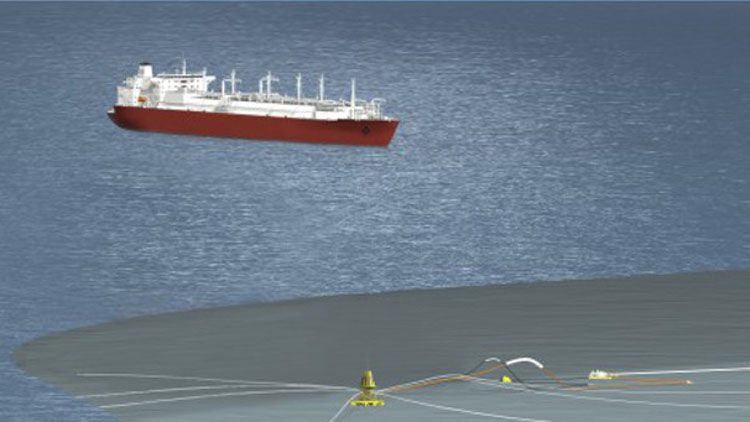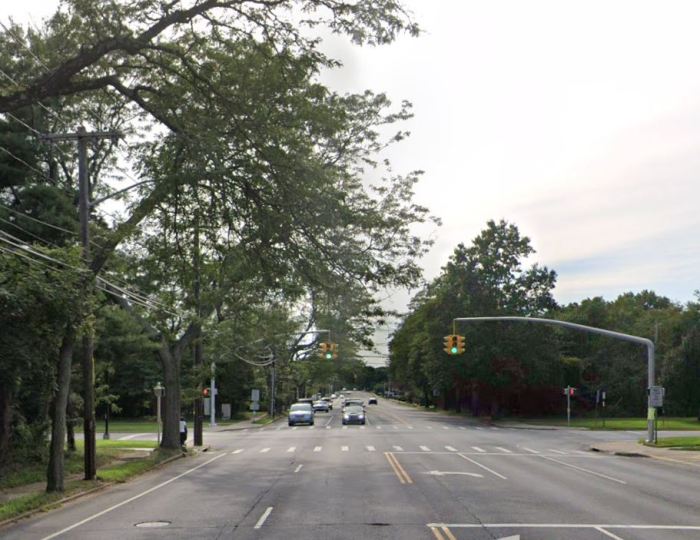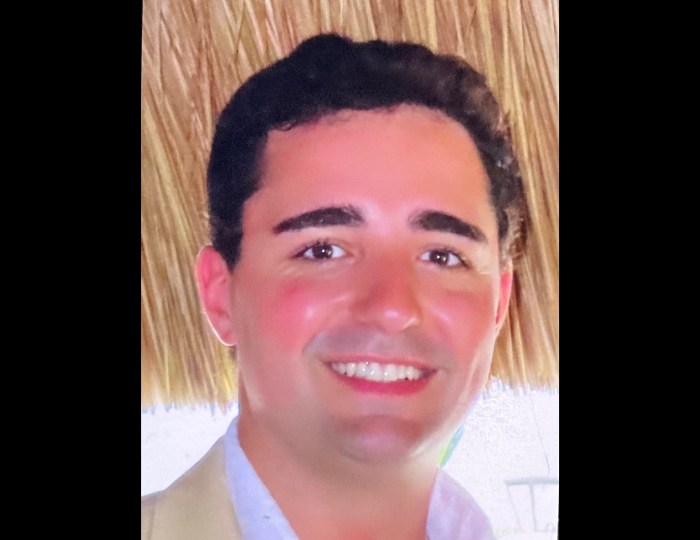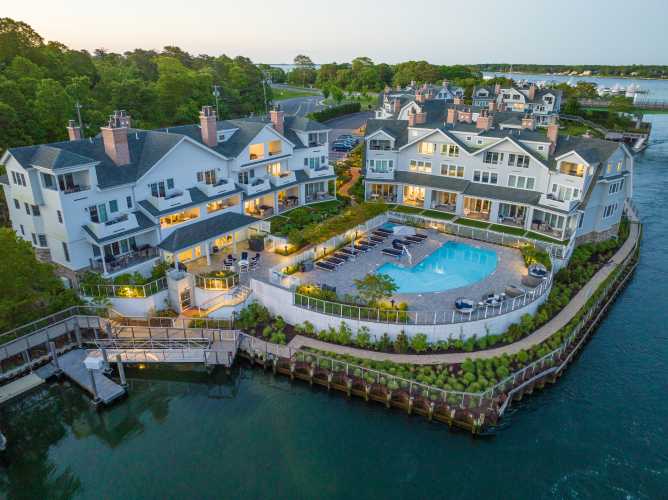Lawmakers, environmentalists and citizens overwhelmingly opposed Port Ambrose, a proposed deepwater port to import liquid natural gas (LNG) off Long Island’s south shore, during two public hearings in Long Beach last week.
The most common grievance was that if approved, Port Ambrose would take up valuable Atlantic Ocean real estate 20 miles offshore, where the proposed Long Island-New York City Offshore Wind Project’s turbines would be located. The main theme on Monday night was it’s either wind, or liquid natural gas, but it can’t be both—with opinions differing over exactly how much the proposed port would encroach on the proposed wind farm area.
“There are clean, renewable ways of lowering our energy prices that Port Ambrose directly conflicts with,” New York State Assemblyman Todd Kaminsky (D-Long Beach) said. “We could have a wind farm in the very same area. Why we are moving backwards and not forwards befuddles me.”
The hearings—held Monday, Nov. 2 and on Election Day in Long Beach with two more that followed in New Jersey—were the last chance for the public to speak out in person, although written comments are being accepted through Nov. 30.
Proponents, such as former Democratic state Assemblyman-turned lobbyist Arthur Jerry Kremer, who leads the New York Affordable Reliable Electricity Alliance (NYAREA), said that “Port Ambrose would take up only 4 percent of the proposed wind farm, so that’s not an issue.”
Patrick Robbins, co-director of Sane Energy Project, a pro-renewable energy group based in Manhattan, countered that Port Ambrose would actually infringe on up to 20 percent of the proposed wind farm location.
“The discrepancy is a matter of which distance is ultimately chosen for the exclusion zone for ships as part of the Port Ambrose project,” Robbins told the Press.
READ MORE: Long Island’s Offshore LNG Port Proposal’s Critics Fear Fracking Exports on Horizon
According to a March, 2015 letter by the New York Power Authority (NYPA), Liberty’s 4 percent estimate is based on a 500 meter buffer zone surrounding the port, but the U.S. Coast Guard recommended a zone of one nautical mile—or 1,852 meters. The NYPA letter noted that when adjusted for the one nautical mile recommendation, the total wind farm area lost to Port Ambrose would be “a minimum of 13 percent and could be as much 20 percent.”
Environmentalists of all stripes were also on hand to oppose Port Ambrose, including the Sierra Club, New York Public Interest Research Group, South Shore Audubon Society, Clean Ocean Action, Catskill, Mountainkeeper, Surfrider Foundation and others. Aside from the possibility of a spill, concern included the port attracting terrorists and the danger posed by hurricanes.
Those in favor of Port Ambrose were largely outnumbered but included the Recreational Fishing Alliance, NYAREA and a private citizen. Supporters say that the project is environmentally safe, will boost the economy, create jobs and lower energy prices.
On hand to listen to the were representatives of the U.S. Coast Guard Vessel and Facility Operating Standards Division, the Maritime Administration Office of Deepwater Ports, the state Department of State office of Planning and Development and Tetratech, Inc., environmental consultant to the Coast Guard.
The final decision to approve or deny Liberty’s application rests with the Maritime Administrator, T. Mitchell Hudson, Jr. New York Gov. Andrew Cuomo and New Jersey Gov. Chris Christie have until the end of the year to decide if they will veto the proposal.
A spokeswoman for Governor Cuomo said the Port Ambrose Project is “under review.” Cuomo sided with the environmentalists last year when he banned fracking in the state.
When Liberty proposed a very similar project off the Jersey Shore in 2010, Christie vetoed it. When asked if he will do the same this time around, a spokesman declined to comment but provided text from a speech that Christie gave to the Environmental Federation in 2011.
“I just don’t believe that there is a need, economically, that can even come close to balancing off against the environmental risk that we run by having these types of projects,” Christie said at the time. “So, my opposition to this will continue for as long as I’m governor because I just don’t believe it’s necessary and the threat to our environment is too significant to take that risk.”



































